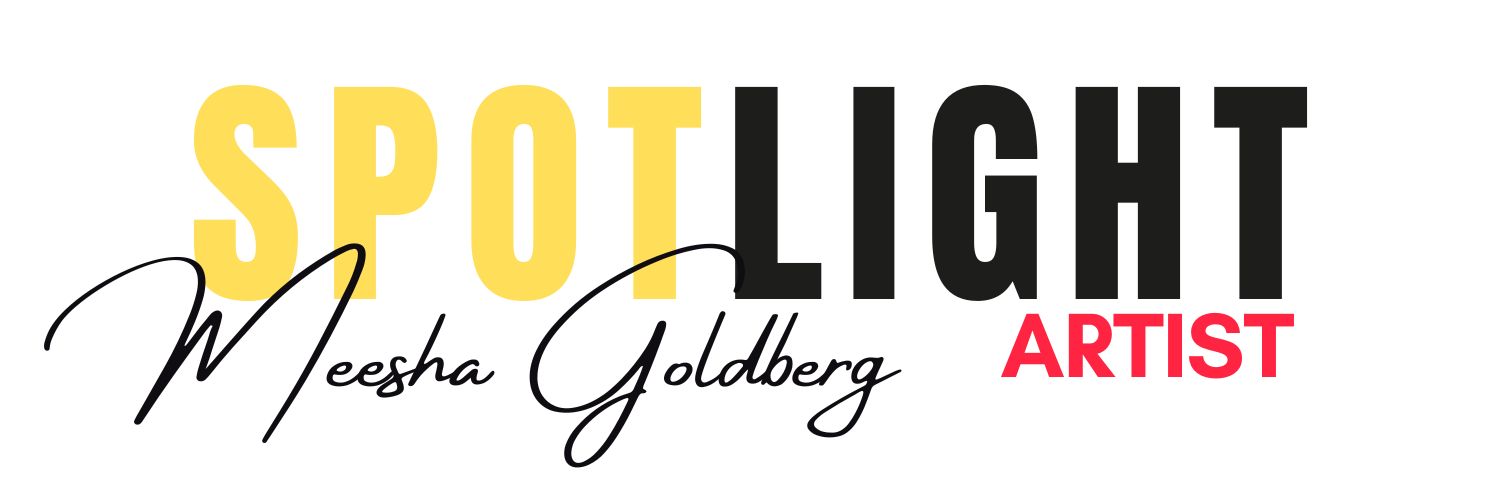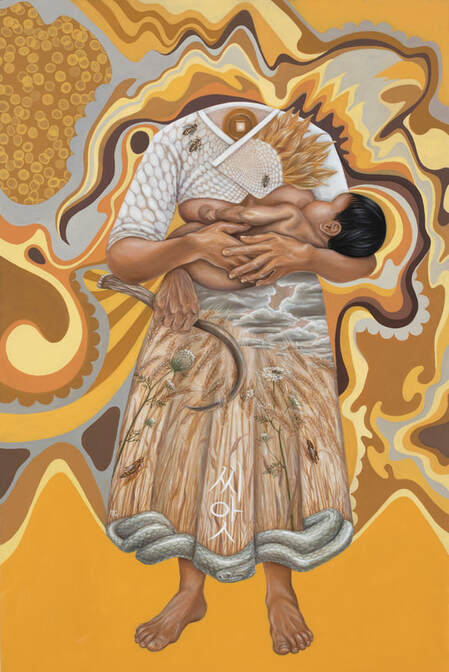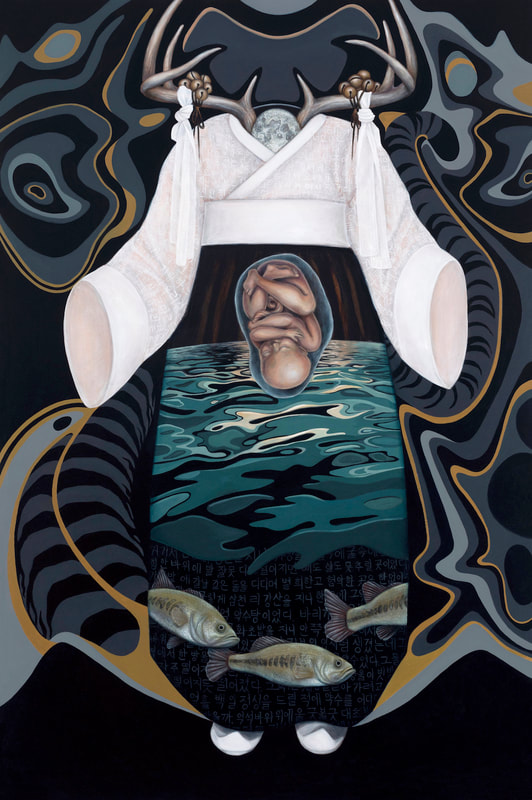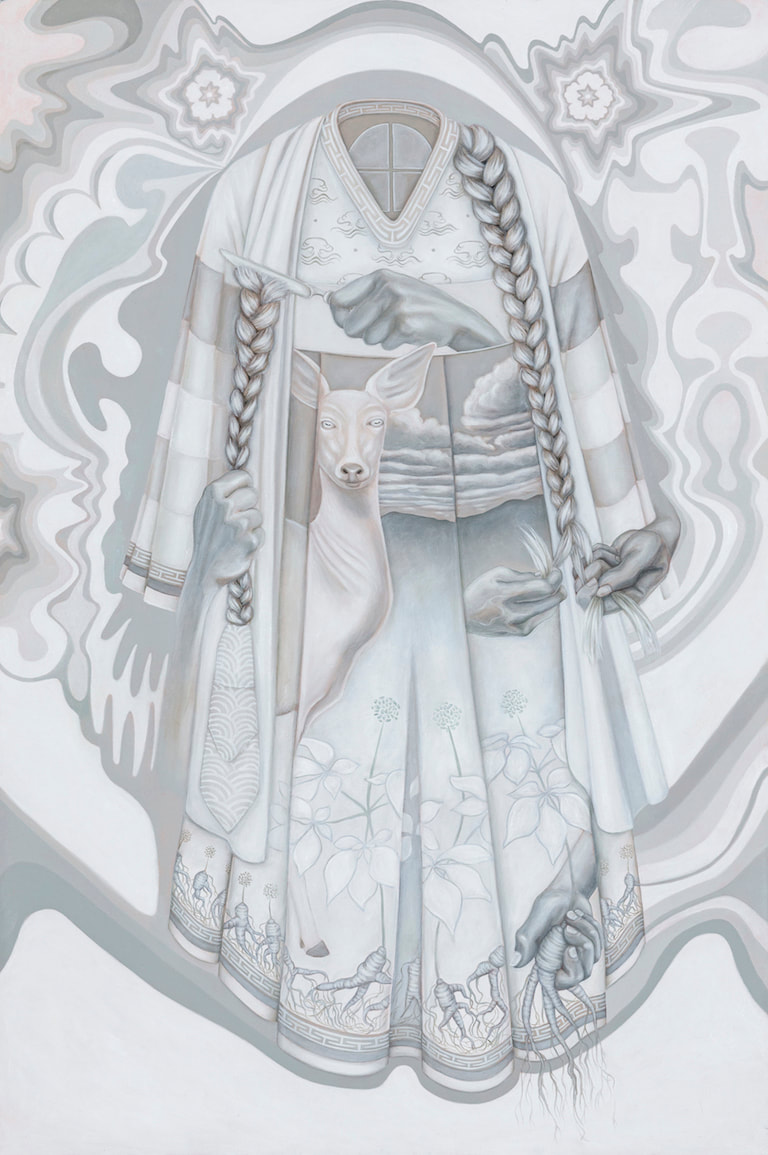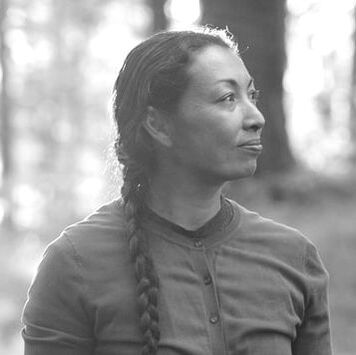|
...on our American cloud mountain, Septembered
& berried we imagined how grandmothers could guide us the blindfolded though we did not offer a single persimmon though wild tigers stalked us out of our dreams though we ripped out every root with great carelessness our longing was holy because we did not abandon it. — Meesha Goldberg
|
|
"How does one deepen kinship with the land despite dislocation from an ancestral home and culture?"
Daughterland is an inquiry into a land ethic of the Korean Diaspora, seeking resonance between ancestral culture and my experiences living on a farm in Virginia. At the root of the series is a critique of the American empire, the violence enacted on the indigenous people of Turtle Island, and the disruption of the indigeneity of the Korean Diaspora through war and neocolonial dominance. While America cannot become a motherland for the settler—and the settler may be severed from belonging to their ancestral homeland—their body remains a sacred site, a place to honor kinship to the sources of life.
The Daughterland paintings depict bodies in traditional dress, overflowing with seasonal life: summer’s seed, fall’s root, winter’s rest. Faceless women express ancestral grief by wielding the blades of the shaman, the field woman’s sickle, and the antlers of the buck. Yet they tenderly carry life, embodying engagement with the flow of nature. By reaching back through the root of lineage, perhaps one may retrieve a vision for the future. Despite displacement from a motherland, the desecration of wild and sacred places, and the forgetting of names and songs... still the persistent earth offers itself through the generations.
|
|
Meesha Goldberg (she/her) is a Korean American artist, poet, and gardener living in Virginia. She has exhibited in gallery shows across the country. Her debut poetry chapbook The Seed is Waiting in the Dark (Finishing Line Press) is forthcoming in 2024. www.meeshagoldberg.com | Instagram @meeshagoldberg
[photo credit: Kori Price} |
